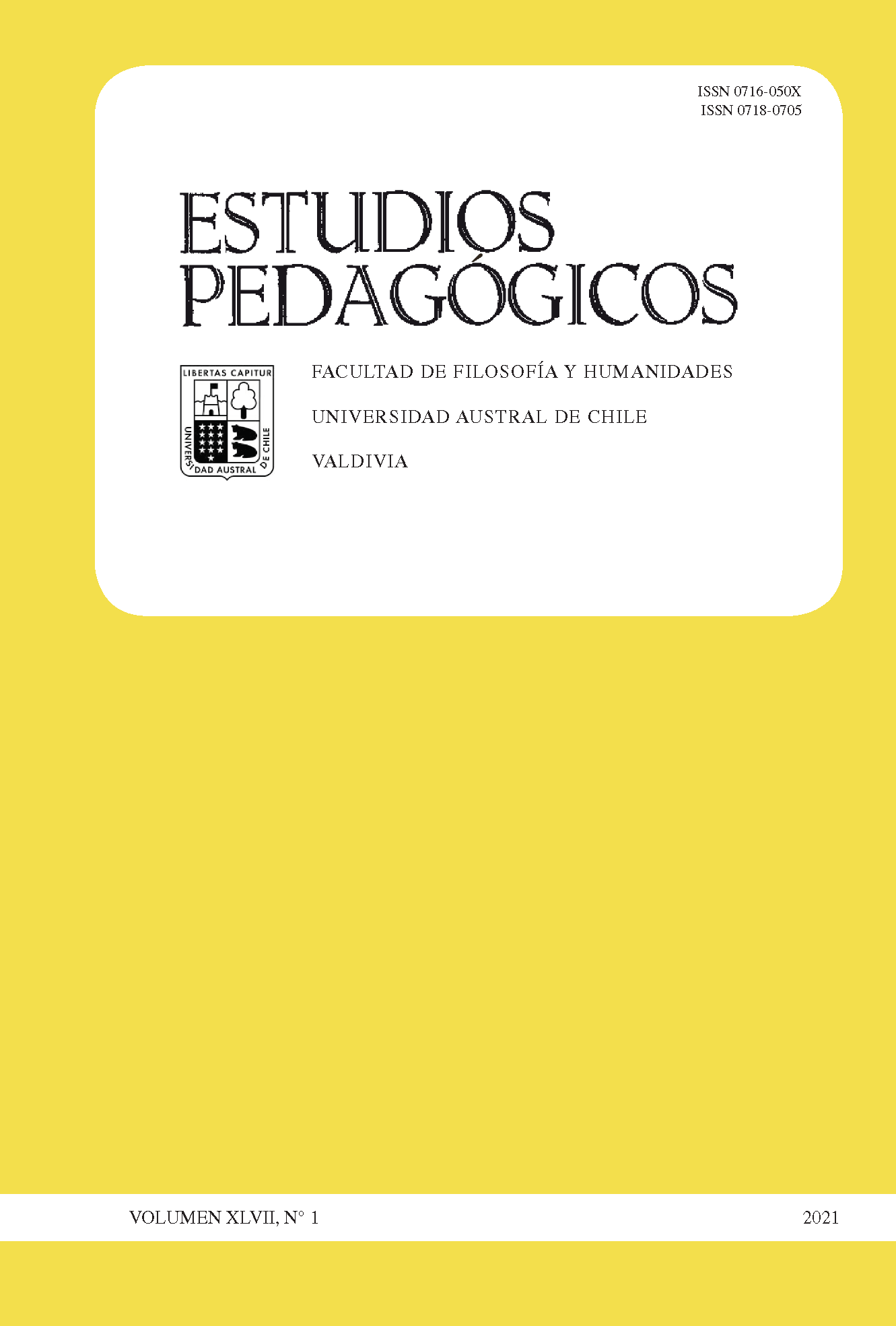The peace chair as an axis of social development in the post-conflict era
Main Article Content
Abstract
A work with 176 students, 30 teachers and 16 parents from three official educational institutions of a Colombian population that hosted the peace dialogues that ended the conflict with a guerrilla group is reported. For the information processing, a multiple correspondence analysis was made with Pearson's Chi square as a test coefficient, and focus groups were also made with members of each estate. The results show that the process of implementation of the chair of peace in educational institutions has been slow, with some difficulties, delayed in its implementation of more than two years, and lack of training and accompaniment, by the entities territorial, to the communities of educational institutions. But despite the difficulties within the school context, the culture of dialogue is encouraged to resolve conflicts that arise, and with teachers as mediators in the process. The school activity takes place in a climate of respect and mutual support between managers, teachers, students and parents.

